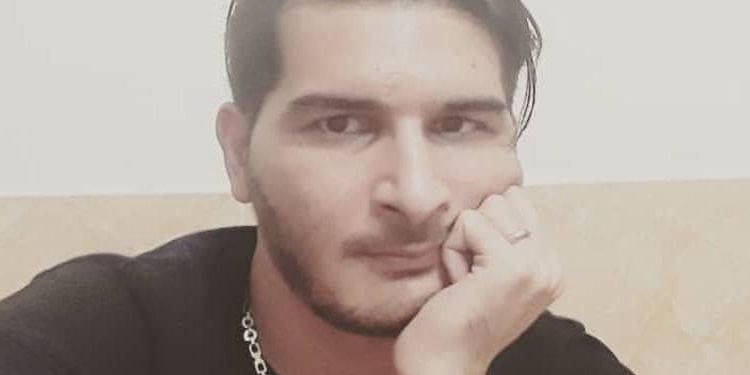The authorities have stepped up inhuman restrictions on Javad Hossein Nejad, a November 2019 protester detainedin the Central Prison of Mashhad.
Political prisoner Javad Hossein Nejad does not have permission to call his father, who has suffered a heart attack and is critically ill.
The Central Prison of Mashhad authorities, also known as Vakilabad Prison, have deprived Mr. Hossein Nejad of his right to call his family. Last week, they disconnected his call and took away his phone card. During this period, he could call home only once for five minutes in the presence of prison agents.
Mr. Hossein Nejad’s father suffered a heart attack on September 11. He is presently hospitalized in the Razavi Hospital of Mashhad. He seeks to see his son. But prison authorities do not allow his son to visit him.
Mr. Hossein Nejad’s mother and sister died earlier this year. At that time, too, he did not receive permission to leave prison and attend their funeral procession.
These inhuman measures violate human rights and are examples of psychological torture of prisoners and their families.
Political prisoner Javad Hossein Nejad was arrested during the protests in November 2019. He was arrested a second time on July 11, 2020, and detained in solitary confinement, and eventually sentenced to five years in prison.
In May 2021, when his mother’s health deteriorated due to cancer, the prison authorities did not grant him a temporary leave to visit his mother for the last time, and she died longing to see her son.
In the last week of August, his sister died due to a Coronavirus infection. Again, the prison authorities did not allow him to attend his sister’s funeral.
On August 27, 2021, the authorities transferred political prisoner Javad Hosseini Nejad from General Ward 3 to General Ward 2, where mentally ill and dangerous prisoners were detained.
These measures are clear examples of the torture of prisoners.
In violation of the principle of segregation of crimes, the transfer of political prisoners to the wards of ordinary and dangerous criminals is one of the clerical regime’s well-known methods of torturing political prisoners.
Political prisoner Alireza Shir-Mohammad Ali was murdered in the Greater Tehran Prison after being relocated to the ward of dangerous criminals where one incited a fight where he could kill Alireza. The prison warden had hired the dangerous criminal to kill political prisoner Alireza Shir-Mohammad Ali who had been arrested during a protest.











